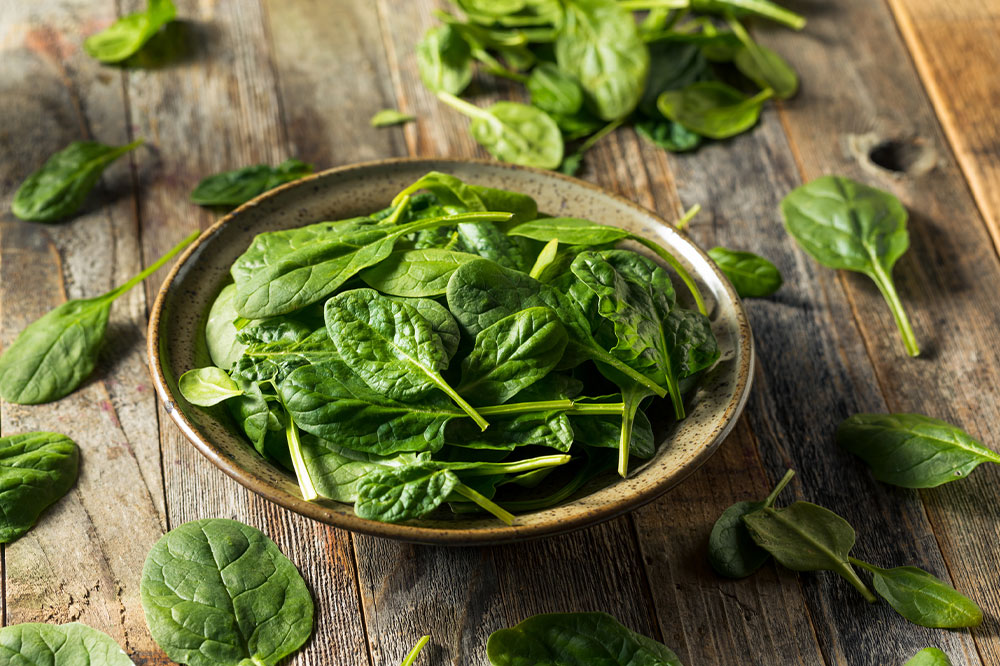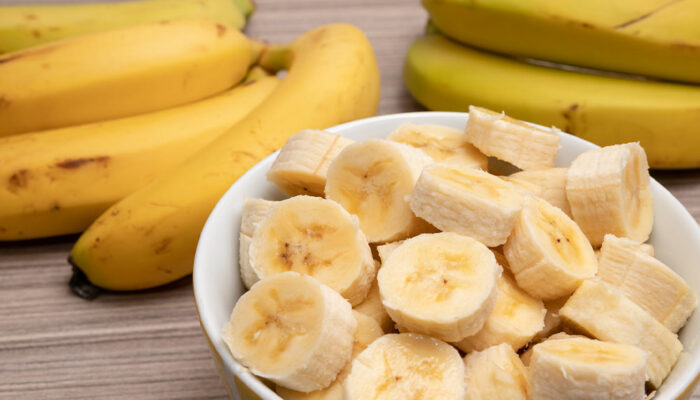
Top Foods for Managing Macular Degeneration
Macular degeneration is the leading cause of irreversible vision loss in people over 60. Presently, it affects over 10 million people in the country. As one gets older, the risk of developing the condition increases, and so those over 75 have a nearly 33% risk of being diagnosed with macular degeneration. While the disease does not have a permanent cure, a few treatment options and the following nutrient-rich foods can help one manage the symptoms.
Whole grains, beans, and dairy
Zinc is a vital mineral that helps in the absorption of vitamin A, which aids in melanin production, a pigment that protects the eye. This is why most sight-related issues, such as cataracts or poor night sight, are related to zinc deficiency. Research suggests those with high AMD risk can slow the progression of the disease by adding zinc and some antioxidants to their daily meals. Some great zinc sources are whole grains, dairy products, and beans. Even though one can find zinc supplements in the market, the products might intervene with the body’s ability to absorb copper. So, if one meets their daily zinc requirements via supplements, they opt for copper supplements too. However, before introducing such changes to one’s meal plans, one must discuss them with a nutritionist or a doctor.
Nuts and seeds
Omega-3 fatty acids provide the body with the nourishment to combat inflammation and are great for eye health. A few excellent omega-3 sources are flaxseed, chia seeds, walnuts, flaxseed oil, soybean oil, and canola oil. These foods can help lower bad cholesterol in the body, typically associated with increasing the risk of macular degeneration.
Oranges
Folate is a B vitamin and aids in cell replication. People who have a substantial folate intake show signs of slow eye disease progression. One can meet the body’s folate requirements by choosing foods like peanuts, orange juice, oranges, Brussels Sprouts, black-eyed peas, grains, and spinach.









